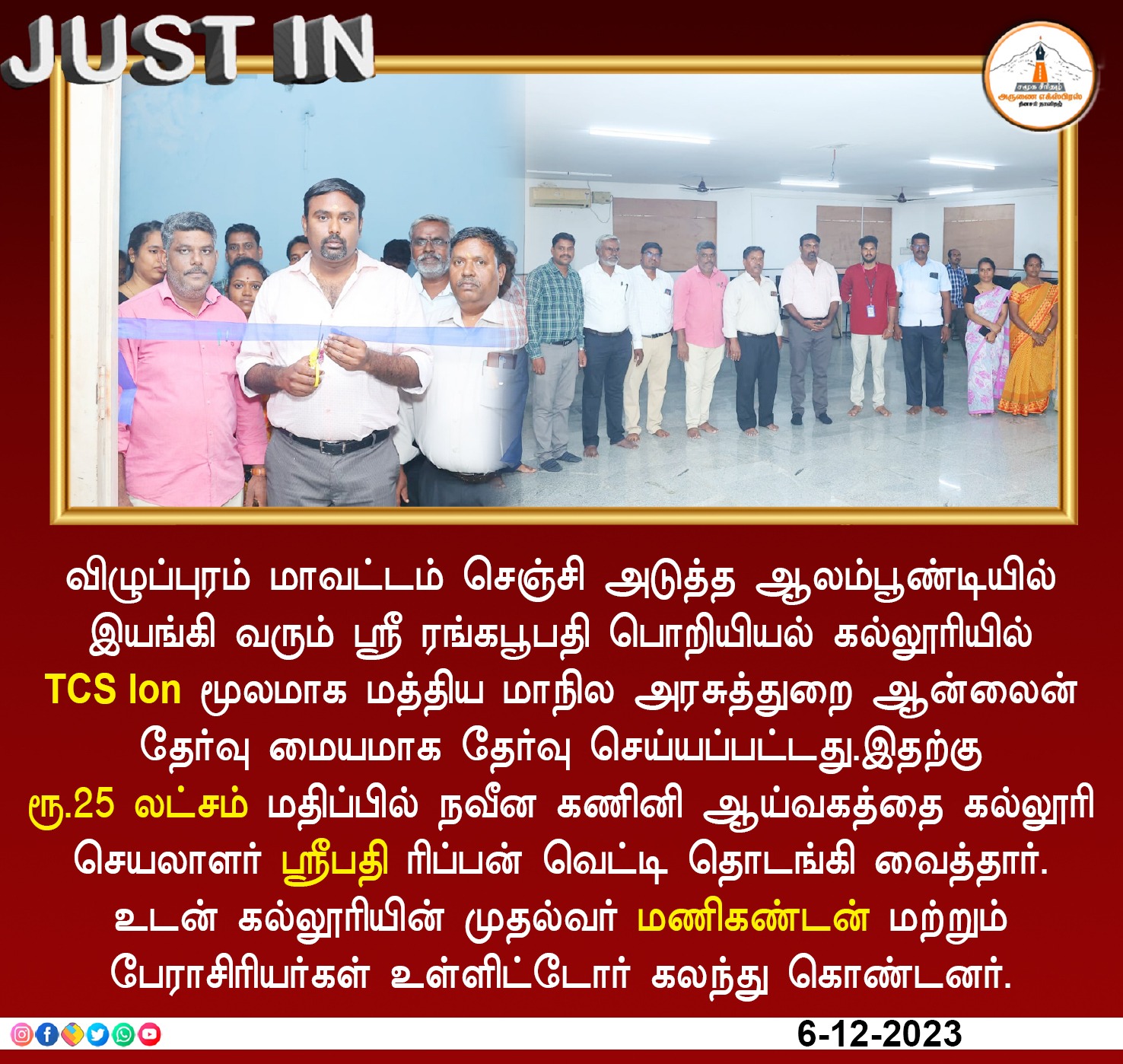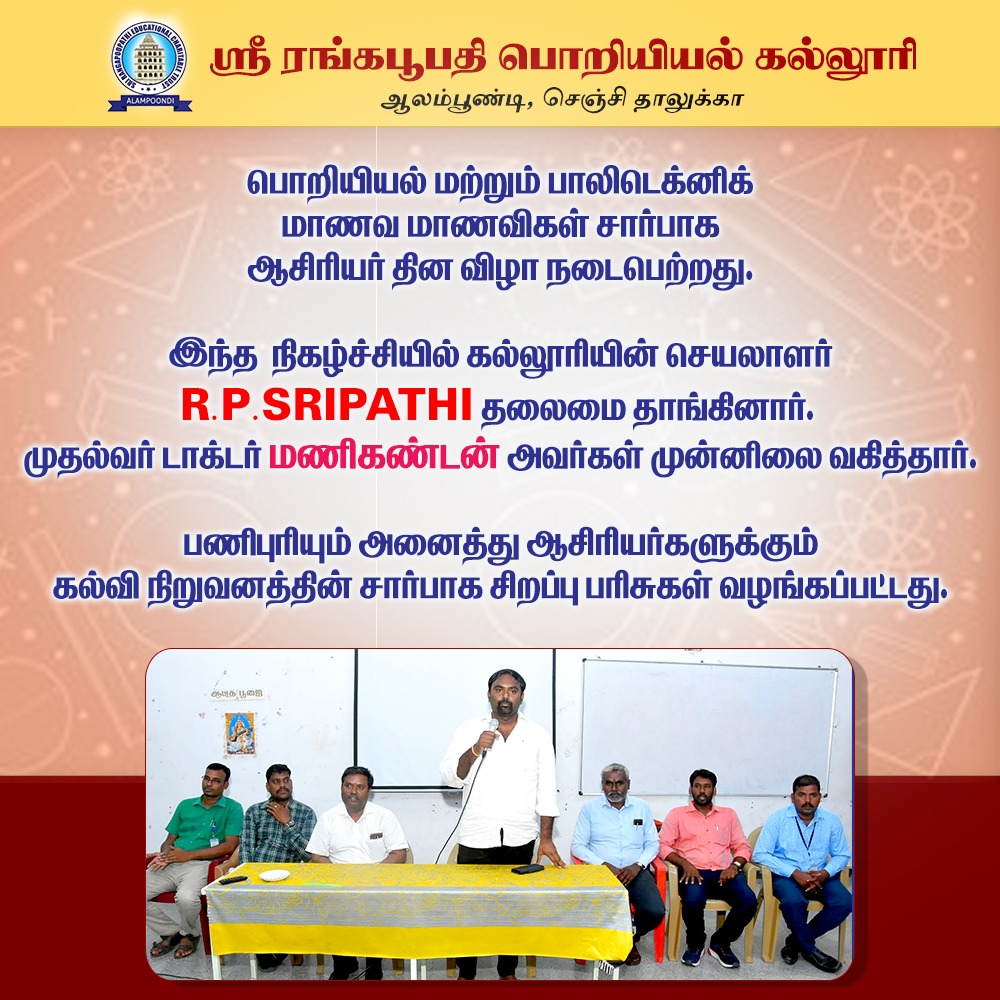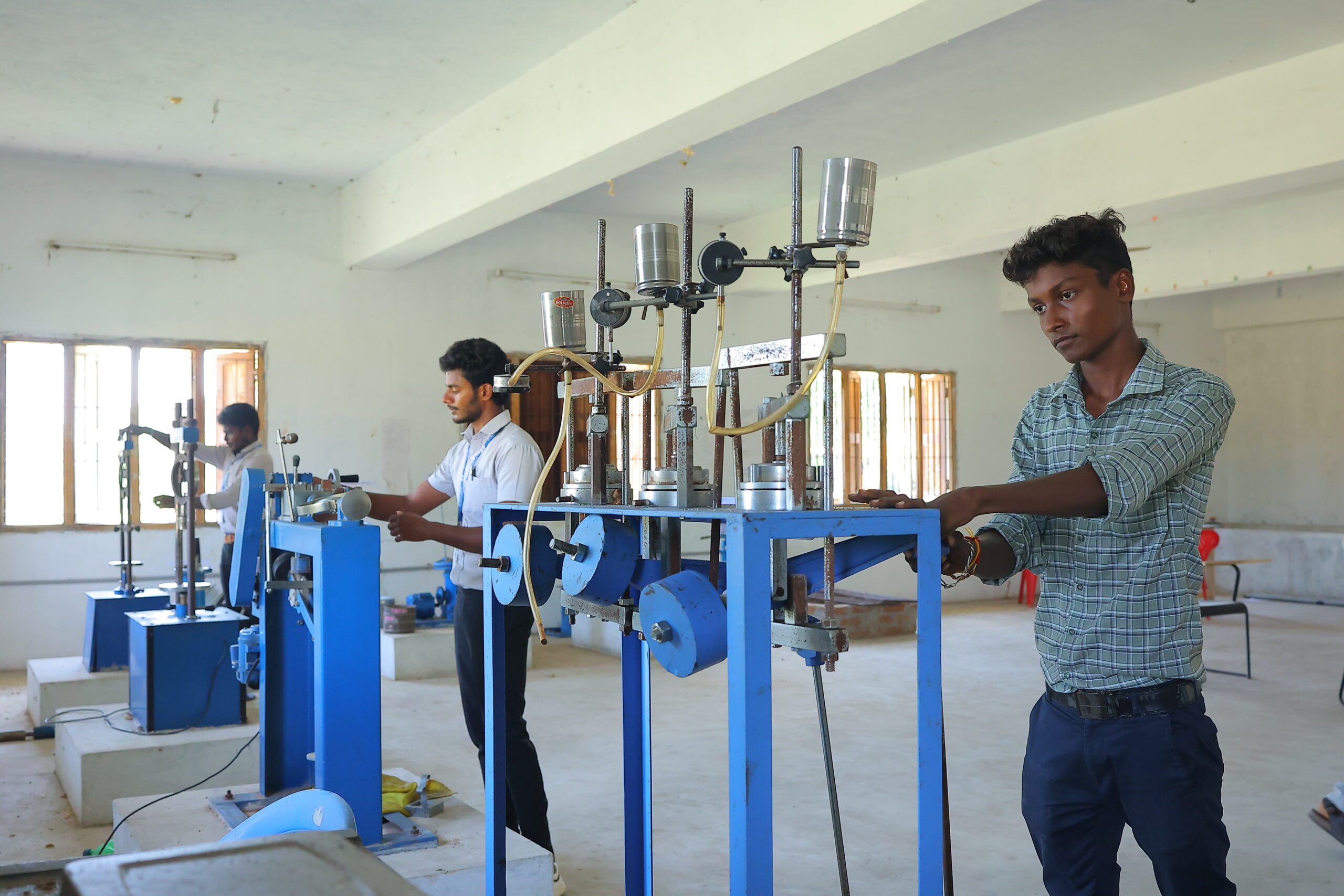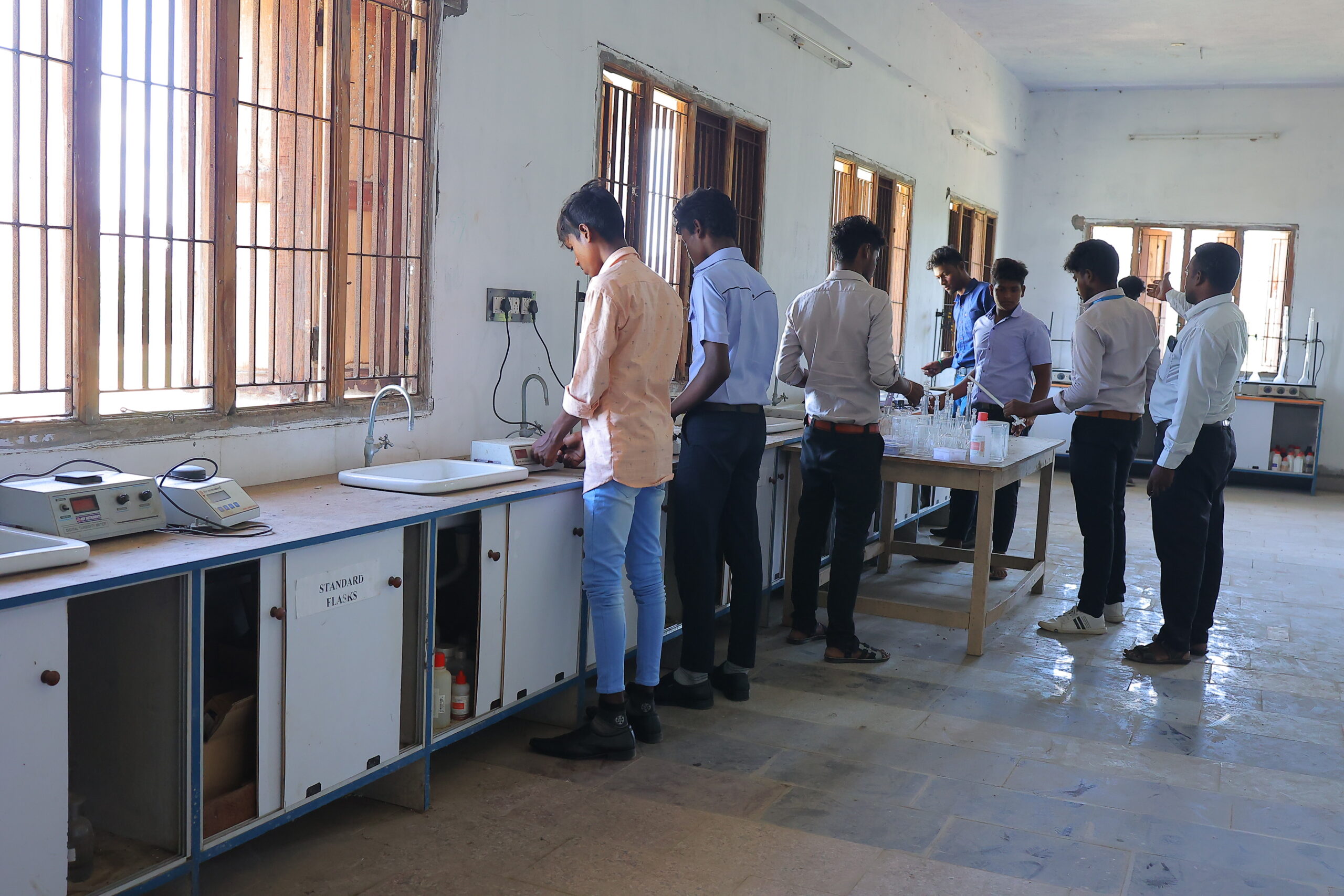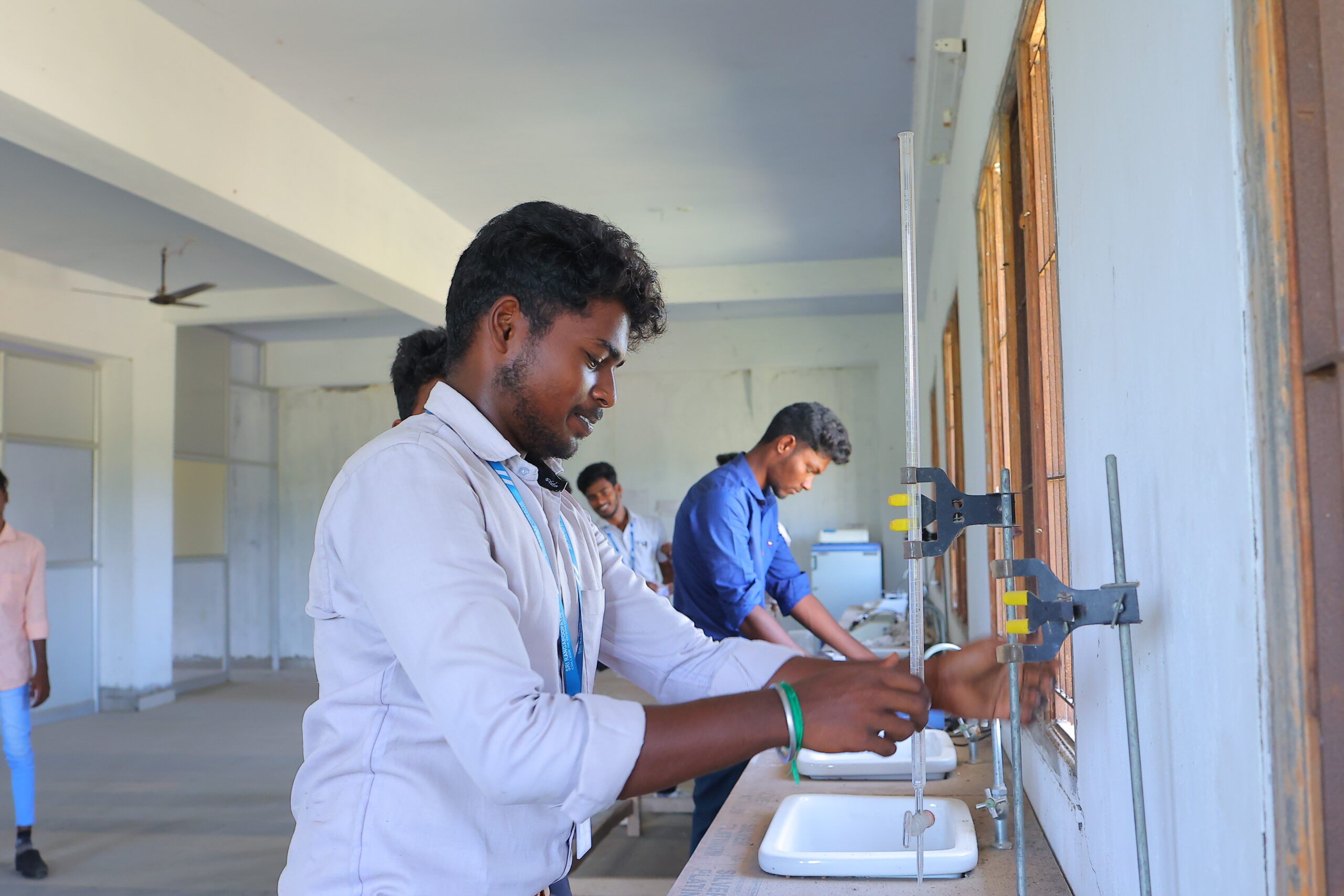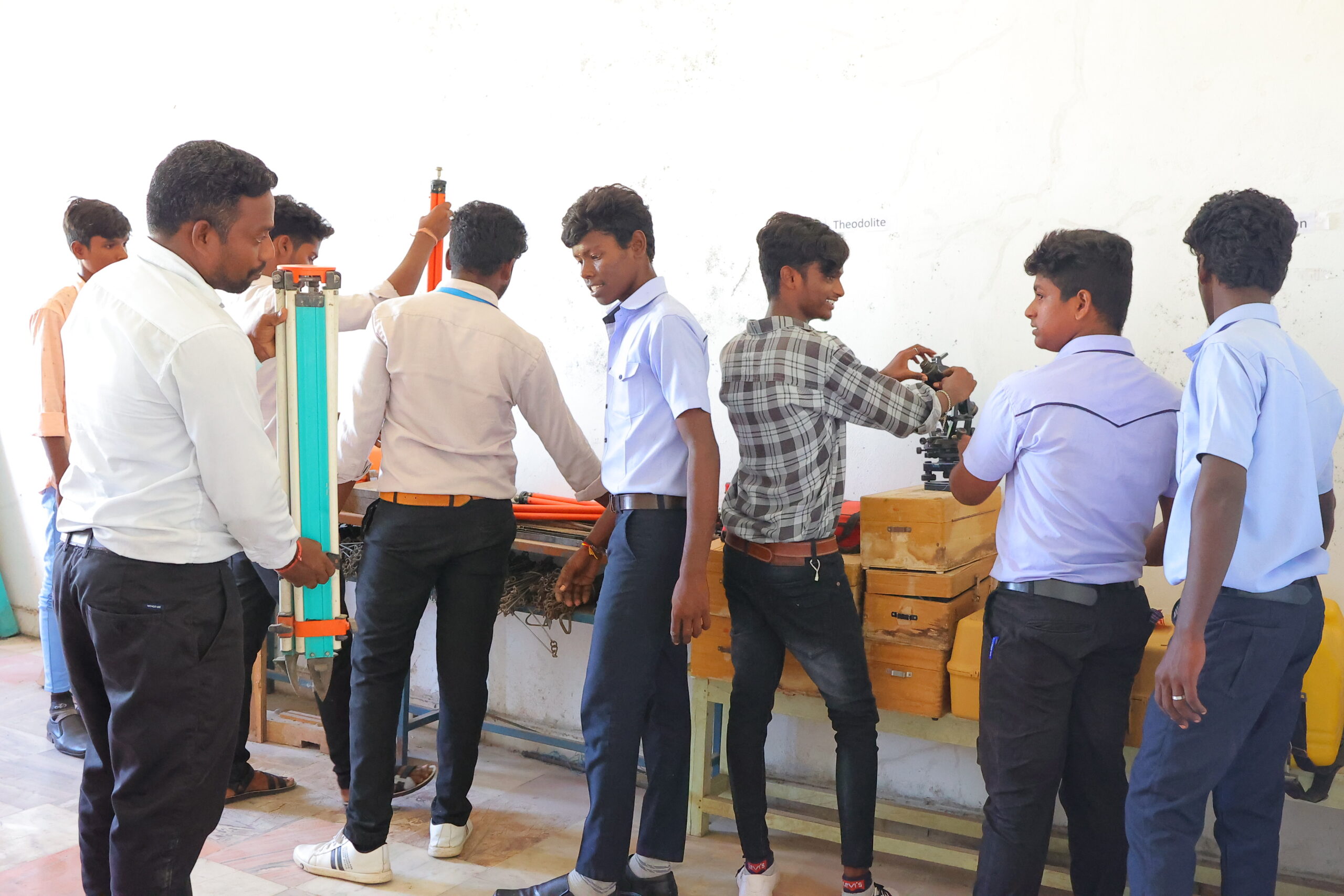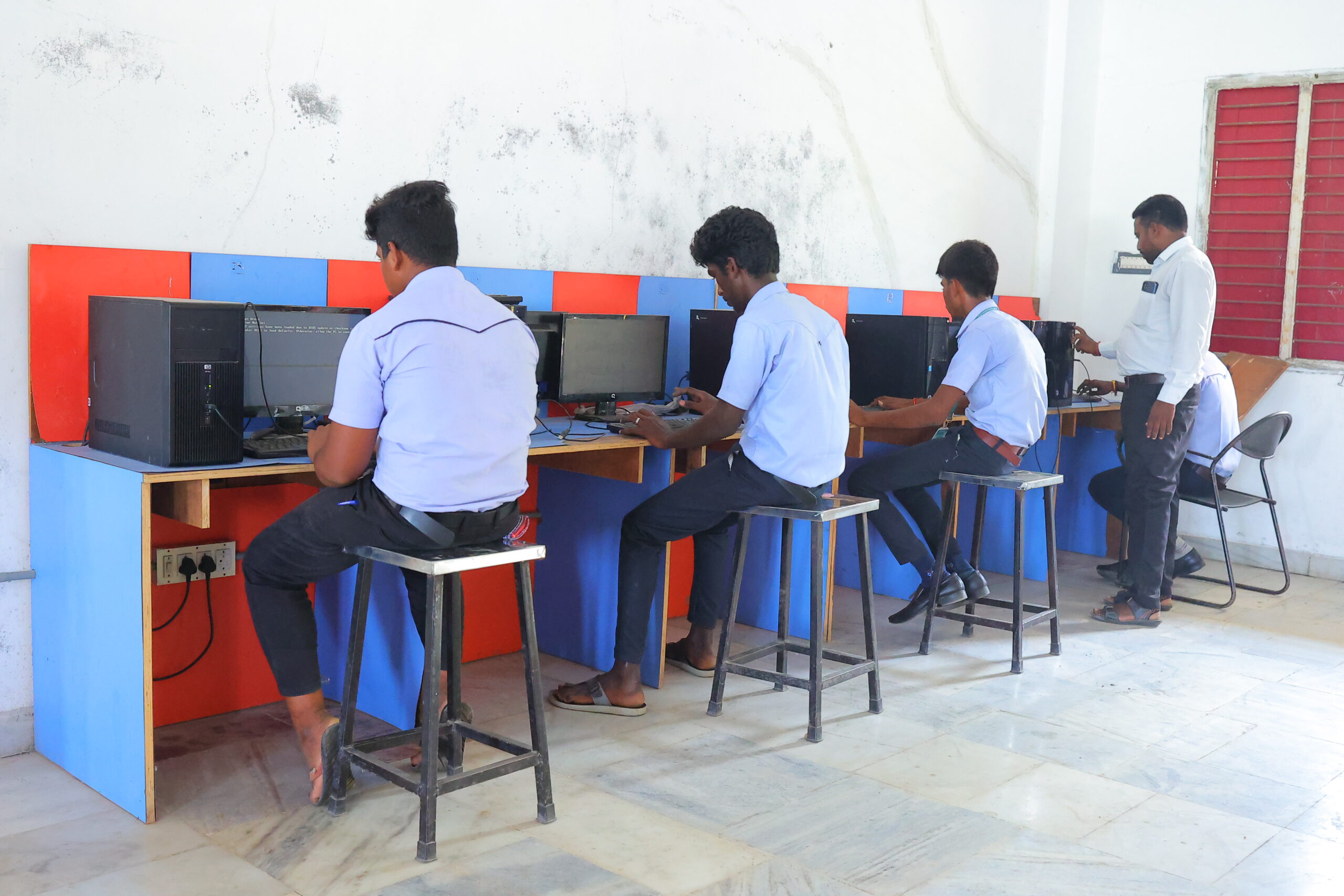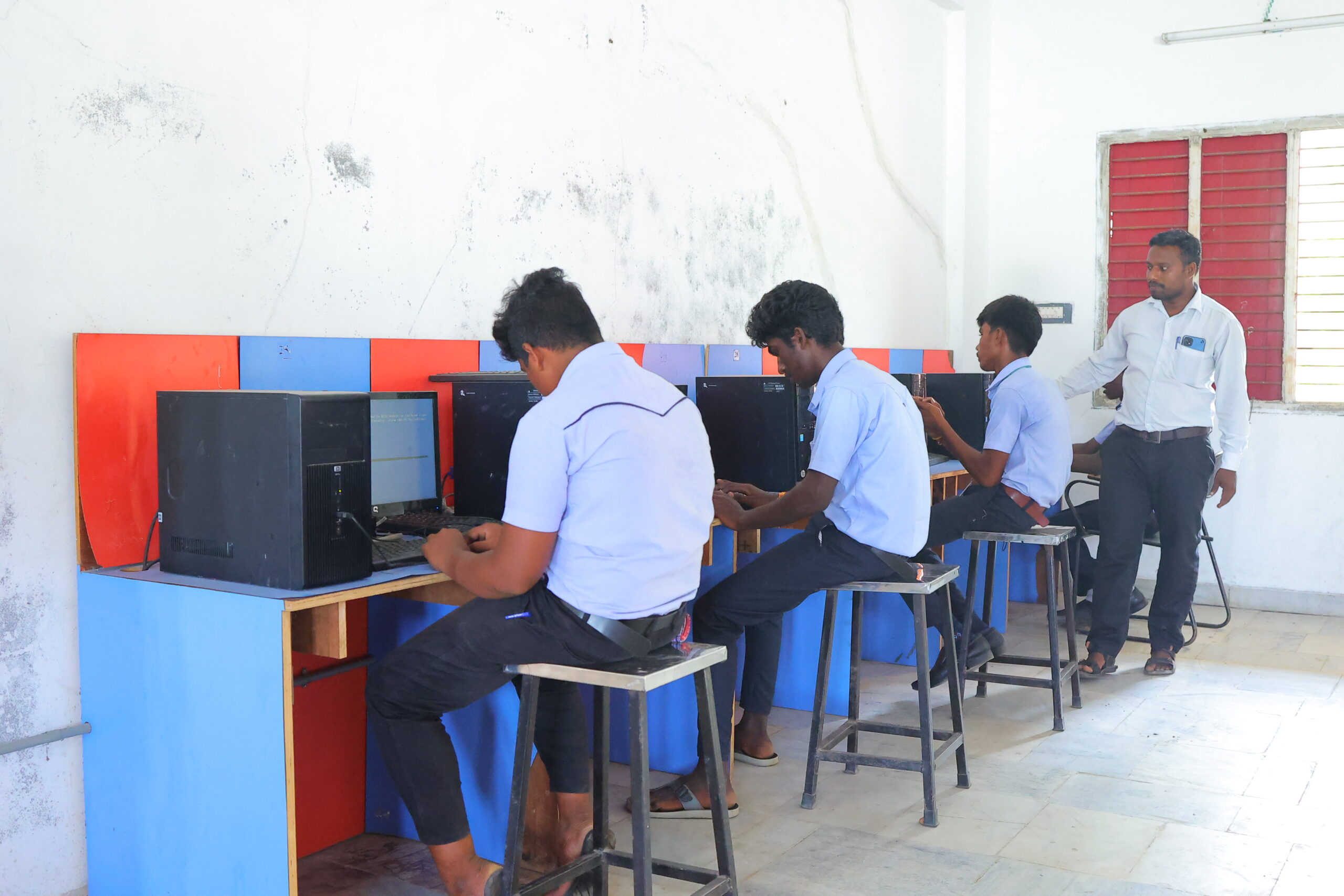Vision
To create engineers capable of taking on professional and research projects in civil engineering and related sectors with a focus on an interdisciplinary and innovative approach, and to compete at the global level.
Mission
To provide high-quality, current education in order to advance the discipline of civil engineering.
To teach graduates soft skills, leadership traits, and professional ethics so they can handle projects on their own.
To prepare graduates for international competition.
To address the concerns of today and to meet social demands.
Programme Educational Objectives
PEO1: Graduates must demonstrate strong theoretical, practical, and knowledge-based abilities for successful employment, further education, research, or entrepreneurial endeavors.
PEO2: Graduates should be capable of lifelong learning, professional ethics, and effective communication in addition to entrepreneurship and leadership qualities.
PEO3: By developing engineering solutions for social concerns and difficulties, graduates will become leaders and innovators who will take care of society.
Programme Specific Outcomes
PSO1: Professional skills: Students must possess the abilities and expertise to work on projects addressing issues with housing, infrastructure, the environment, and sustainability in urban and rural areas in order to care for society.
PSO2: Competency: For employment, advanced study, and research, students must pass competitive exams at the State, National, and International levels.
Program Outcomes
Engineering Graduates will be able to:
Engineering knowledge: Apply the knowledge of mathematics, science, engineering fundamentals, and an engineering specialization to the solution of complex engineering problems.
Problem analysis: Utilizing the fundamental concepts of mathematics, the natural sciences, and engineering sciences, one may identify, develop, study research material, and analyze complicated engineering issues to obtain supported findings.
Design/development of solutions: Designing complicated engineering issues’ solutions as well as system elements or processes that satisfy the required requirements while taking into account public health and safety, cultural, socioeconomic, and environmental factors is essential.
Conduct investigations of complex problems: To get to reliable findings, use research-based knowledge and research techniques, such as experiment design, data analysis and interpretation, and information synthesis.
Modern tool usage: With an awareness of the constraints, develop, choose, and apply suitable methods, resources, and contemporary engineering and IT technologies, such as prediction and modeling, to complicated engineering processes.
The engineer and society: Assess societal, health, safety, legal, and cultural concerns and the resulting obligations pertinent to the professional practice of engineering by using reasoning informed by contextual knowledge.
Environment and sustainability: Demonstrate your understanding of sustainable development and its importance by comprehending how professional engineering solutions affect society and the environment.
Ethics: Apply moral principles, subscribe to professional ethics, and follow engineering practice expectations.
Individual and team work: Effectively perform on your own, in varied teams, as a leader, and in interdisciplinary contexts.
Communication: Effective presentations, clear instructions, the ability to understand and create effective reports and design documentation, and the ability to give and receive clear instructions are all examples of how to effectively communicate on complicated engineering operations with the engineering community and with society at large.
Project management and finance: Apply engineering and management concepts to one’s own work, as a team member and team leader, to manage projects, and in interdisciplinary settings. Demonstrate knowledge of and grasp of these principles
Life-long learning: Recognize the need of autonomous, lifelong learning, and possess the necessary skills and knowledge to do so in the context of technological development as a whole.
About the Department
The design, building, and maintenance of physical structures in a naturally developed environment are the focus of the professional engineering subject known as civil engineering. The infrastructure of the globe is built by civil engineers. By doing this, they subtly influence history around the world. The majority of people struggle to conceive a world without the numerous benefits civil engineers provide for the public’s health, safety, and level of living.
